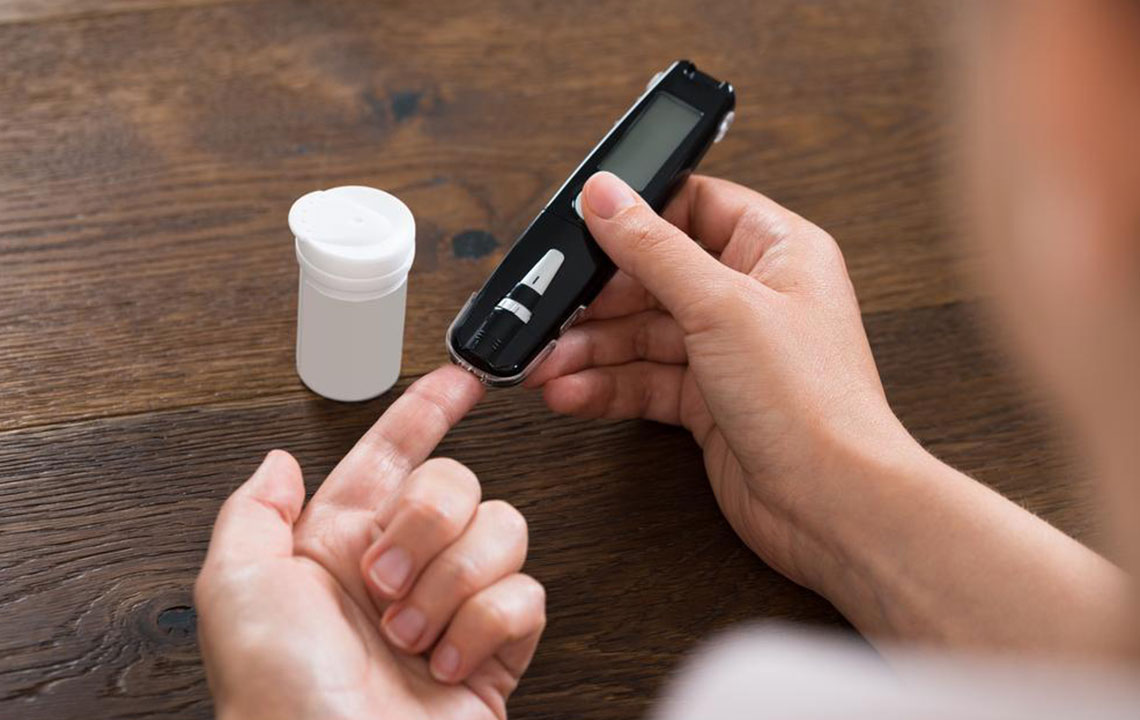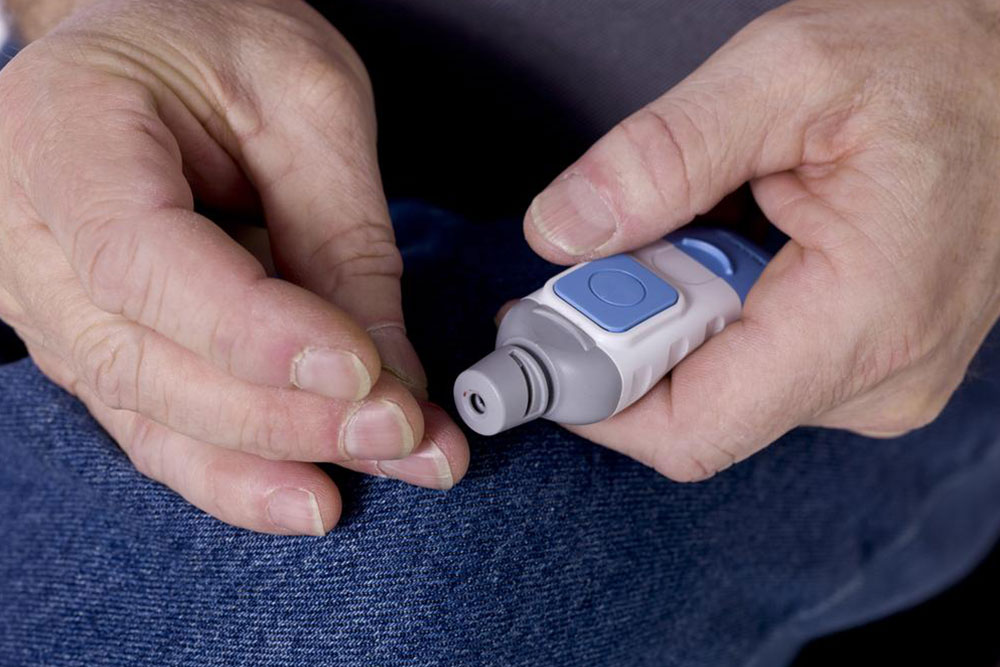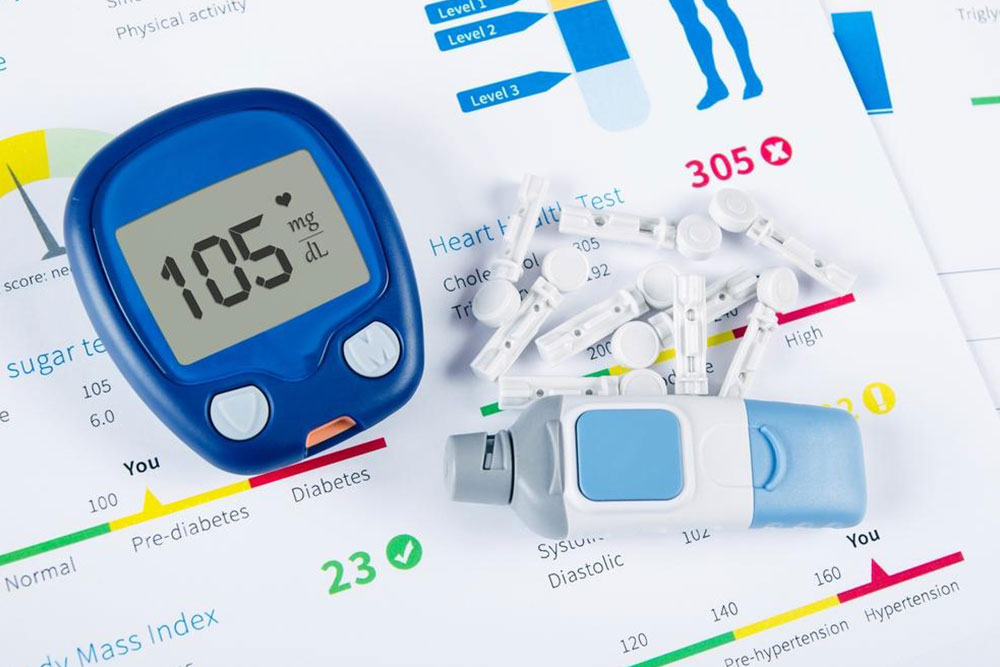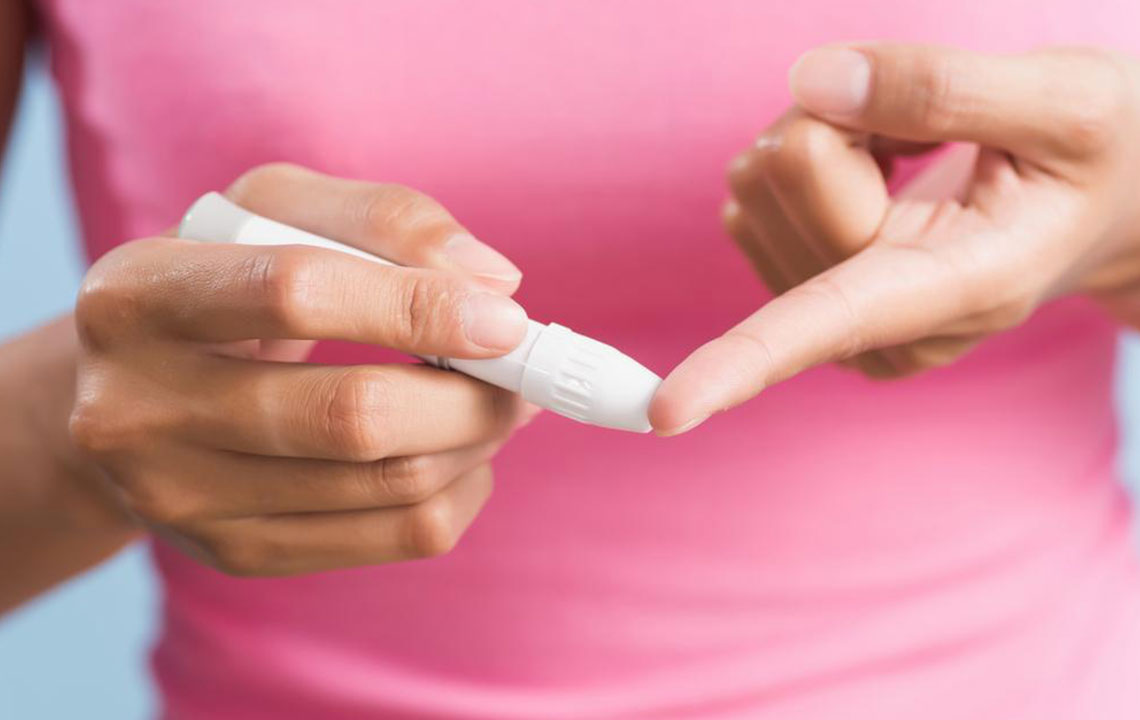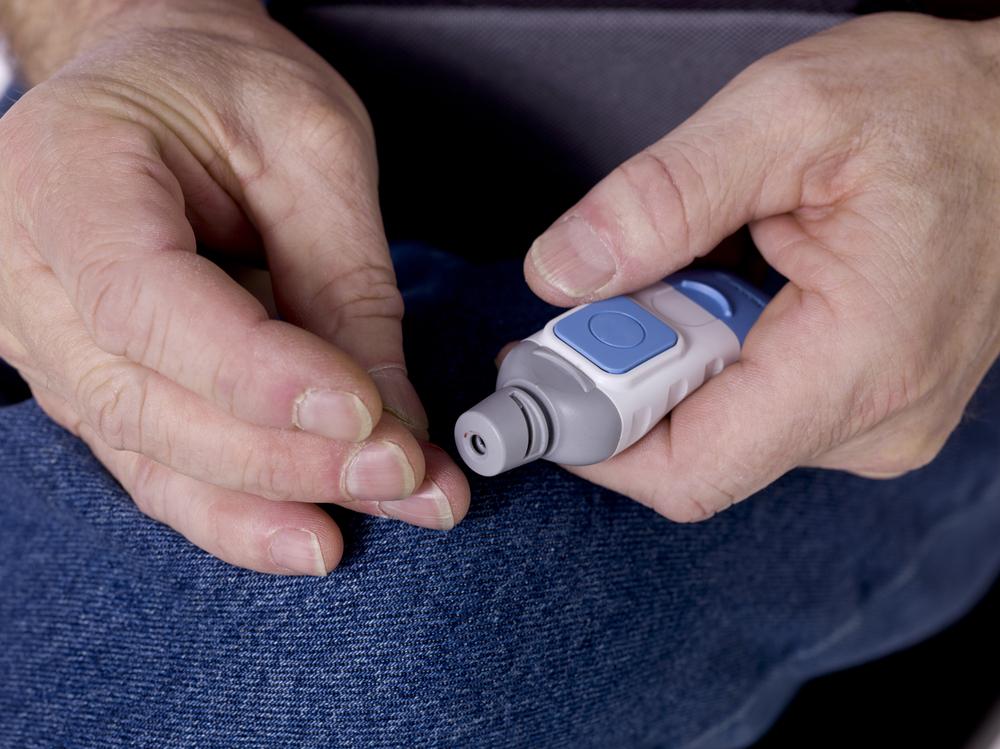Different Types of Insulin Treatments and Delivery Devices for Diabetes Management
Explore various insulin types and delivery devices for effective diabetes management. Learn about injection options, insulin classifications, and monitoring tools to improve your quality of life with diabetes. Ensure proper treatment through professional guidance.
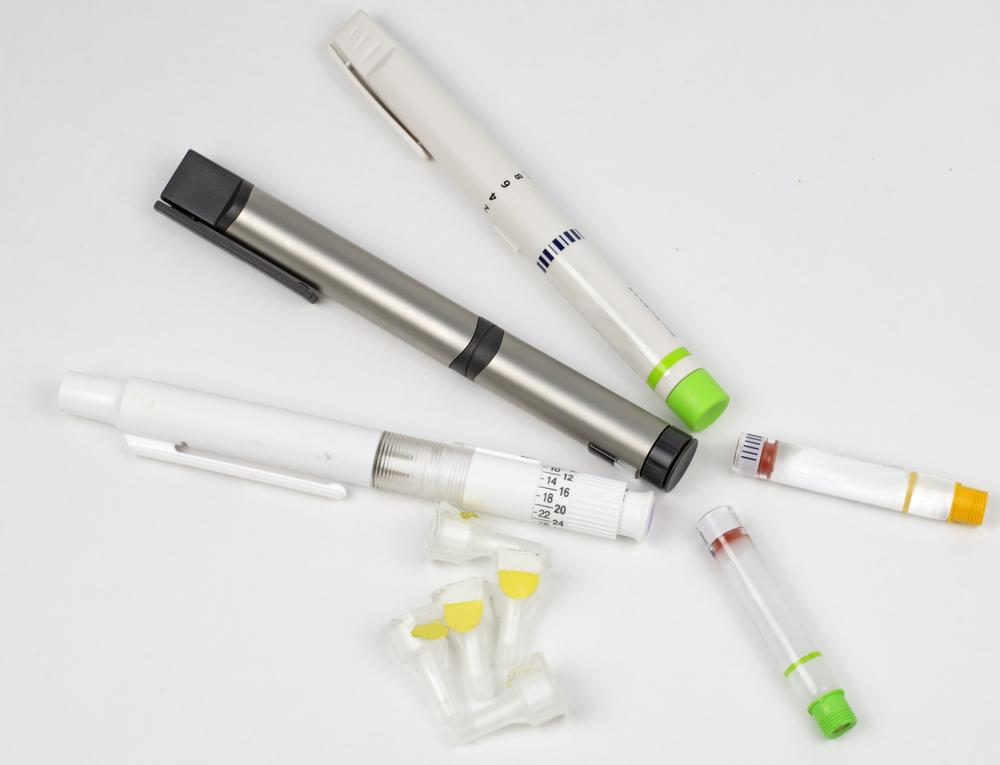
Various Insulin Options and Delivery Methods for Managing Diabetes
Diabetes, as defined by the American Diabetes Association, is a condition characterized by elevated blood sugar levels due to the body's inability to produce or effectively use insulin. Insulin is a crucial hormone that helps transport glucose from food into cells for energy. Without sufficient insulin, glucose accumulates in the blood, leading to complications affecting organs like the kidneys, eyes, nerves, and heart.
Diabetes Types
Type 1
Type 1 diabetes is an autoimmune disorder where the immune system destroys insulin-producing beta cells in the pancreas, requiring individuals to perform multiple daily insulin injections. It comprises about 5-10% of all diabetes cases nationwide.
Type 2
As the most prevalent form, Type 2 diabetes accounts for 90-95% of cases. It occurs when the body doesn't produce enough insulin or cannot use it effectively. Initially, it often shows no symptoms, but factors like age and lifestyle influence its development. While some people manage their condition through diet and exercise, others may need medications, including insulin injections and pens, to control blood sugar levels.
Monitoring blood sugar is easier with diabetic test strips, which allow daily glucose tracking. These disposable strips are a vital tool for effective diabetes management.
Types of Insulin
Rapid-acting insulin: Examples like Insulin Glulisine (Apidra), Insulin Lispro (Humalog), and Insulin Aspart (NovoLog) start working within 15 minutes, peak around an hour, and last 2 to 4 hours.
Short-acting insulin: Humulin R and Novolin R typically enter the bloodstream in 30 minutes, peak between 2-3 hours, and remain effective for approximately 3-4 hours.
Intermediate-acting insulin: NPH (Humulin N, Novolin N) begins working in 2-4 hours, peaks at 4-12 hours, and provides coverage for 12-18 hours.
Long-acting insulin: Insulin Detemir (Levemir) and Insulin Glargine (Lantus) are designed to release steadily, maintaining glucose levels over a 24-hour period.
Inhaled insulin: The Technosphere inhalation system (Afrezza) acts quickly within 12-15 minutes, peaks at 30 minutes, and clears from the system in about 3 hours.
Insulin can be administered via injections or through insulin pens, which contain pre-filled cartridges or replaceable insulin cartridges, with doses controlled by a dial. Proper management and regular monitoring of insulin supplies are essential for optimal health.

